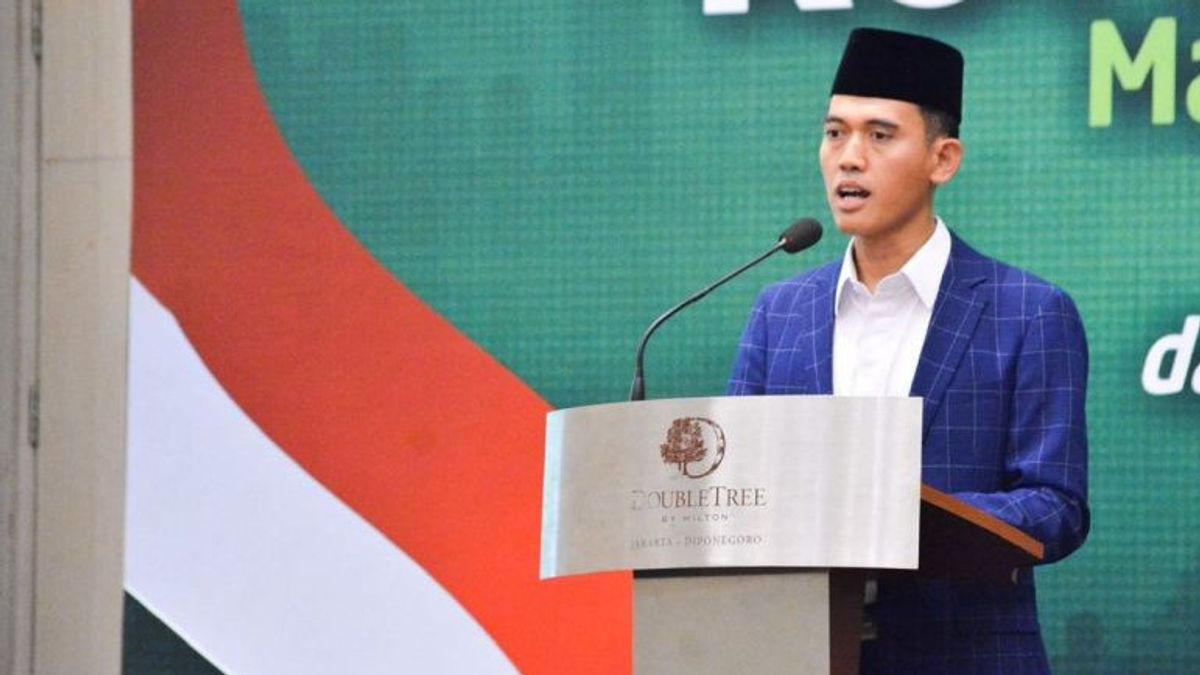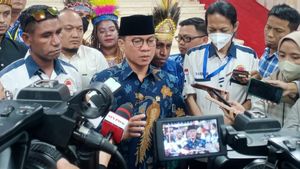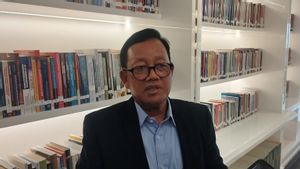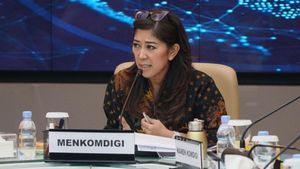JAKARTA - The Indonesian Ulema Council (MUI) through the Ijtima Ulama Fatwa Commission throughout Indonesia VIII has determined that YouTube activists (Youtubers) and internet influencers or commonly known as their legal celebrities are obliged to pay zakat.
"The ijtima Forum stipulates that YouTubers, celebrities and other digital creative economy actors are obliged to pay zakat," said MUI Chairman for Fatwa Prof. Asrorun Niam Sholeh as reported by ANTARA, Thursday, May 30.
Niam said the Ijtima Ulama forum assessed that digital technology has the potential to continue to be developed in providing social and economic benefits for the community.
He said the decision was a response from the ulama in seeing digital developments in the community, including digital activities that could generate profits.
Niam explained that zakat obligations for Youtubers and celebrities are stipulated in various provisions, including business objects or types of content that do not conflict with sharia provisions.
"Sudah mencapai nisab, yaitu senilai 85 gram emas dan mencapai HAlalan al haul (satu tahun) kepemilikan," sambungnya.
If you haven't reached nisab, said Niam, then your income will be collected for one year, then it will be issued after your income has reached nishab with a zakat rate of 2.5 percent if you use the period of the Islamic year or hijriah.
SEE ALSO:
If there are difficulties in using the hijri year, such as in terms of business bookkeeping, he continued, then using zakat levels of 2.57 percent.
"However, the obligation of zakat is specifically for digital activities that do not conflict with sharia. If the content contains gibah, namimah (adu sheep), obscenity, gambling, and other prohibited things, then it is forbidden," Niam stressed.
Niam also emphasized that income from Youtubers, celebrities, and other digital creative economy actors whose content is contrary to sharia provisions is haram.
Ijtima Ulama was attended by 654 participants from the leadership of the Islamic Organization's Central Level fatwa institution, the leadership of the MUI Fatwa Commission throughout Indonesia, high pesantren leaders of fiqh sciences, leaders of Islamic higher education sharia faculties, representatives of ASEAN and Middle East state fatwa institutions such as Malaysia and Qatar, individual Muslim scholars and Islamic Law experts, as well as researchers as reviewers.
The English, Chinese, Japanese, Arabic, and French versions are automatically generated by the AI. So there may still be inaccuracies in translating, please always see Indonesian as our main language. (system supported by DigitalSiber.id)

















